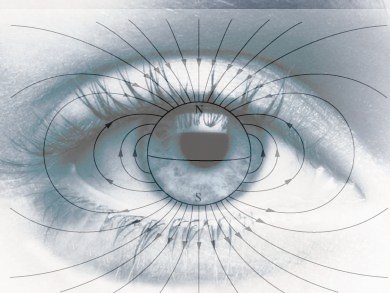Many animals, such as migratory birds and sea turtles, use the Earth’s magnetic field for orientation and navigation. One model of magnetosensing in animals proposes that geomagnetic fields are perceived by light-sensitive chemical reactions involving the flavoprotein cryptochrome (CRY). Humans are widely assumed not to have a magnetic sense.
Steven M. Reppert, University of Massachusetts Medical School, USA, and colleagues evaluated the light-dependent magnetosensing potential of human CRY. They show by using a transgenic approach that human CRY2, which is heavily expressed in the retina, can function as a magnetosensor in the magnetoreception system of the fruit fly Drosophila and that it does so in a light-dependent manner.
The results show that human CRY2 has the molecular capability to function as a light-sensitive magnetosensor and reopen an area of sensory biology that is ready for further exploration in humans.
- Human cryptochrome exhibits light-dependent magnetosensitivity,
Robert J. Gegear, Lauren E. Foley, Robert J. Gegear, Steven M. Reppert,
Nature Communic. 2011, 2.
DOI: 10.1038/ncomms1364




